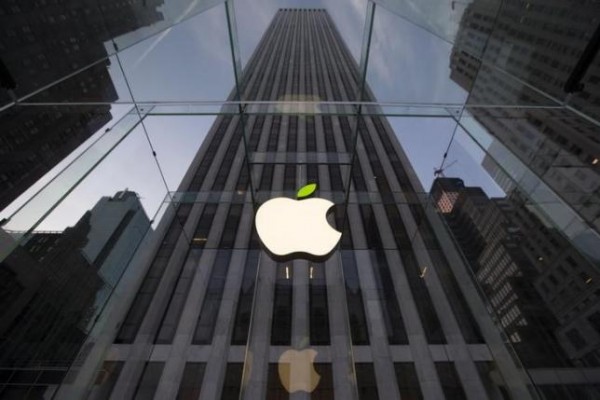By Lynn Palec, | February 28, 2016

Apple may use Emotient's artificial intelligence to scan a person's face and read their emotions in a fraction of a second.
Tech giant Apple is stepping up its legal battle against the United States government in what is cited by many analysts would be a significant legal debate regarding the future of data security. The Cupertino based tech giant, in a new court paper, claims that a federal judge overstepped her judicial authority when she issued an order to hack the iPhone owned by the perpetrator of the bloody San Bernardino attack.
Like Us on Facebook
Apple lawyers argue that the order requiring the tech giant to create a backdoor pass and allow the Federal Bureau of Investigation agents to circumvent the iPhone's security features rely on merits of a century-old law. Apple lawyers added that the order also violates the First Amendment which grants protection against forced speech, which in this case is a written computer code.
Moreover, Apple lawyers argue that the order also violates the Fifth Amendment which aims to protect people from unlawful incursion on liberty and property.
In a statement acquired by the Los Angeles Times, Apple wrote, "This is not a case about one isolated iPhone. Rather, this case is about the Department of Justice and the FBI seeking through the courts a dangerous power that Congress and the American people have withheld: the ability to force companies like Apple to undermine the basic security and privacy interests of hundreds of millions of individuals around the globe."
The case between Apple and the U.S. government is considered by many legal experts as the focal point in the ongoing debate over how far tech companies must go in its efforts of aiding law enforcement agencies in solving crimes.
U.S. Magistrate Judge Sheri Pym issued the order that forces Apple to create the backdoor pass demanded by the FBI. Her order grants the request of federal prosecutors to force Apple in helping FBI investigation by hacking the iPhone 5C owned by Syed Rizwan Farook, one of the two assailants that killed 14 people during the San Bernardino attack in December 2015, according to BBC.
The iPhone model owned by Farook runs on Apple's latest operating system which has enhanced security features and encryption protocols.
Apple and Judge Pym are scheduled to continue with their legal arguments next month.
-
Use of Coronavirus Pandemic Drones Raises Privacy Concerns: Drones Spread Fear, Local Officials Say

-
Coronavirus Hampers The Delivery Of Lockheed Martin F-35 Stealth Fighters For 2020

-
Instagram Speeds Up Plans to Add Account Memorialization Feature Due to COVID-19 Deaths

-
NASA: Perseverance Plans to Bring 'Mars Rock' to Earth in 2031

-
600 Dead And 3,000 In The Hospital as Iranians Believed Drinking High-Concentrations of Alcohol Can Cure The Coronavirus

-
600 Dead And 3,000 In The Hospital as Iranians Believed Drinking High-Concentrations of Alcohol Can Cure The Coronavirus

-
COVID-19: Doctors, Nurses Use Virtual Reality to Learn New Skills in Treating Coronavirus Patients











